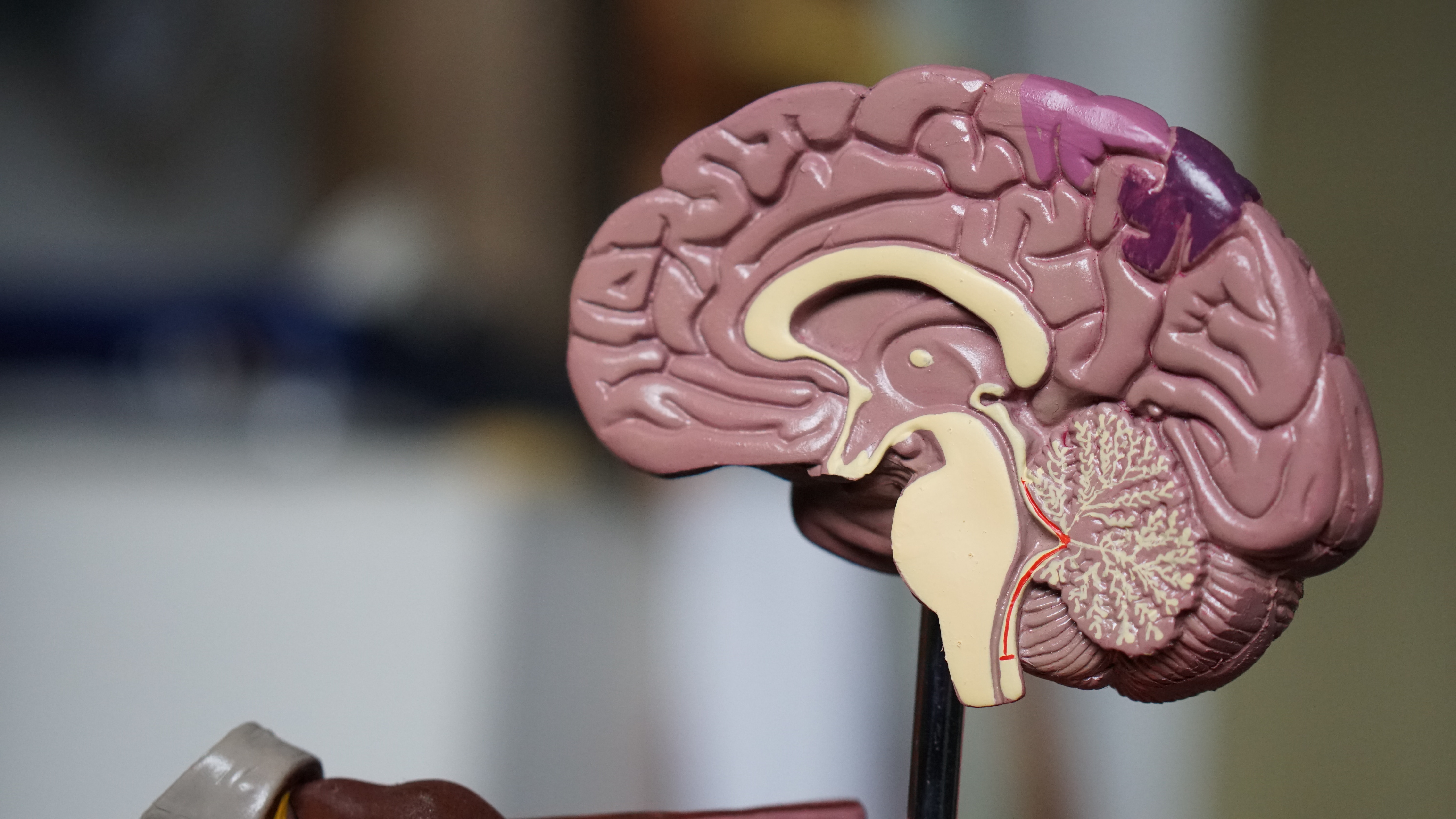Balance These Biochemicals To Reduce Anxiety in Brain (Pt3)
In the two previous posts on anxiety and the brain, we discussed
- What Triggers Anxiety In The Brain,
- The Brain Biochemical Triggers (coming soon) involved with anxiety and
- How some of those neurotransmitters actually work.
Amines and Brain Balance
First let's talk about the amines as a class of neurotransmitters. Amines are a group of biochemicals that have similar molecular structure and properties. There are several molecules in the amine category. There is dopamine, epinephrine and norepinephrine. All of these are also known as catecholamines. Amines also include serotonin and histamine. Because of their similar structure all amines are cleared or removed from the body through common enzymes or pathways. Two of the main enzymes are called COMT also known as catechol-o-methyl transferase and MAO also known as monoamine oxidase. The MAO has an A version and a B version.
Let's first look at the COMT enzyme. This enzyme catalyzes the change of dopamine, norepinephrine, and epinephrine into a less active and stimulating version. Through doing this, the molecules get removed from the body with more efficiency. When this enzyme is not working or working slowly your body will be overloaded with all these stimulating neurotransmitters. For this enzyme to work, it needs sufficient amounts of cofactors.
Cofactors are vitamins and nutrient that help the enzymes work. In the case of COMT those nutrient are magnesium and SAMe. If you don't have enough of these cofactors, like a methylation problem from MTHFR or not enough magnesium, you will be slow to eliminate your catecholamines. As a result higher amounts of these neurotransmitters will literally trigger anxiety in your brain.
We think of serotonin as something that's good for the brain. Serotonin can be good for the brain and support feelings of wellbeing. However, when it's in excess it definitely doesn't do that. For instance, you can read up on serotonin syndrome and understand that this is a very anxious state. This syndrome is produced by too much serotonin in the brain. As mentioned above, serotonin and histamine are cleared through the monoamine oxidase enzyme. Similar to COMT, MAO needs cofactors and as long as there is enough cofactors and no genetic alteration, you should be able to eliminate these amines.

Many times people have problems with their COMT and MAO and it causes a log jam in their clearance of amines. As a result, the brain is just over stimulated and swimming in all these amines.
Keep that in mind, when it comes to histamine there are separate ways outside the monoamine oxidase enzyme to eliminate histamine. For instance, there is the HNMT histamine-n-methyl transferase and also DAO. The DAO enzyme helps the body eliminate the histamine inside your digestive tract produced from the food and microbes.
GABA Glutamate And Brain Balance
We also wanted to discuss the relative balance of GABA (also known as Gamma- Aminobutyric acid) and Glutamate. We can look at GABA and Glutamate as two opposite sides of the same coin. They are like a Yin and Yang. Glutamate can actually be turned into GABA given sufficient catalyst (enzyme) and cofactor for that conversion to occur. This is important because as we mentioned in the previous article on brain anxiety, Glutamate is stimulating and GABA is calming. When someone has anxiety it could be from insufficient conversion of Glutamate to GABA. The GAD enzyme supports this reaction, allowing your body to turn Glutamate into GABA. The cofactor for that enzyme is vitamin B6. If you don't have enough B6, this can lead to more anxiety because of poor conversion of Glutamate to GABA.
Keep in mind you can get excess amount of these cofactors too. So don't just load up on B6 because you have anxiety. This vitamin can become toxic in your system if you take too much. It is best to get some supervision on how much you should take.
When it comes to glutamate excess what is more important is why you have excess glutamate to begin with. There is no way that we can directly access and look at your neurotransmitters in the brain. You can't just stick a needle in there and draw out your neurotransmitters. What we can do is look at the amount of inflammation in your blood. It turns out that when you have inflammation in your blood, it translates to more inflammation in the brain. Increased inflammation in the brain can trigger anxiety and higher glutamate levels.
So if you have high inflammation in your blood and you have anxiety, it is likely that you have higher glutamate levels. You could also have the other things mentioned above going on. What you want to do is look at why that inflammation is there and try to unravel and fix that. When inflammation is present your immune system is producing communication molecules like tnf alpha and interleukin 6. These cause your brain to make more of these excitatory neurotransmitters like Glutamate. So calming down the inflammation wherever it is coming from, will reduce the glutamate levels.
Ketamine which is a very potent and closely monitored scheduled drug demonstrated a potent effect on mood disorders. This recent trial showed Ketamine's ability to help people with major depressive disorder. The studies looked for people that had not responded to other forms of treatment or therapy. Ketamine is a glutamate antagonist, blocking it from working in the brain. There may be other things occurring in the brain and psyche with Ketamine but it does suggest a link between inflammation glutamate and mood disorders.
Hopefully this series of articles on brain anxiety and brain anxiety triggers was useful in understanding what might be triggering this persistent emotions. If you want a customized plan to help you balance your neurotransmitter, click on the link below to get started.




















